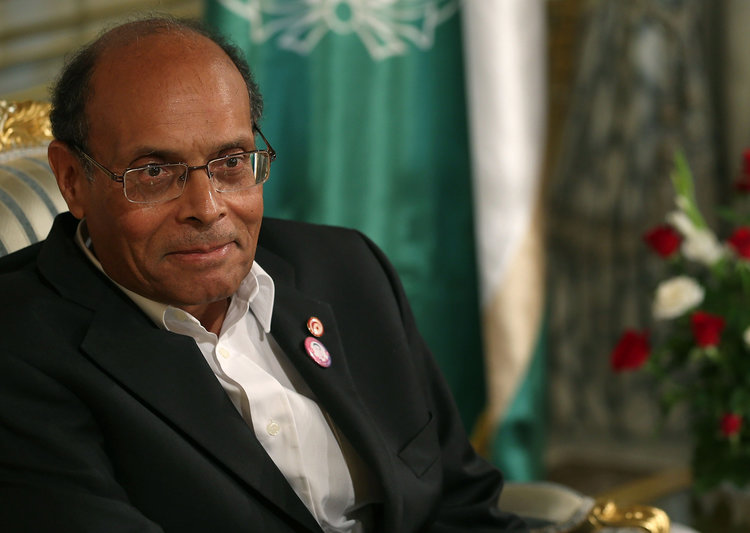I was surprised to find a letter in my mail from someone who proclaimed to be the author I wrote about in my column last week In that column I had spoken about writers who hasten to draw the attention of censorship authorities to their own work hoping that these authorities would react accordingly by banning their book, thereby securing huge sales. Or better still, arresting the author himself which would mean immediate adoption by human rights organizations both here and abroad.
The occasion was the Cairo International Book Fair in which two publishers leaked to the press that two of their books had been confiscated by authorities at the Fair. I found out that the news was false when I saw the two “confiscated books sitting happily on the shelves in the Fair. They were sitting there because no one had confiscated them; and they were happy because their sales rose substantially.
I said that the publishers of these books seem to have followed the example of the writers who do the same with their work. But I had no particular writer in mind. I was referring to a well-known phenomenon which, I said, was now spreading from authors to publishers.
I was therefore amused to receive that angry letter from a person admitting that he was the writer in question and, of course, protesting that I had said that such works acquire their reputation not from their literary value, but from the fact that they were confiscated.
Frankly, I did not expect someone to admit, not openly at least, to a malpractice on hearing an accusation leveled against an unidentified culprit. But there it was, a confession on paper.
The writer naturally denied that he used to draw the attention of the religious authorities (amongst others) to the fact that the content of his books included “heretical material that called for confiscation. But he, nonetheless, said he was the one I had in mind when I wrote last week s column.
Strangely enough, I had also received a letter from a reader who said that I was pushing things too far by claiming that there are writers who send secret complaints against their own books in the hope that one or more of them be confiscated, which would, as expected, turn them into an over-night celebrity.
The two letters I received, conflicting in views as they are, were signed by their authors. But since they were clearly not meant for publication, I cannot divulge the identity of their senders.
I would have loved to do that and have each of them argue against the other, but I will do the second best thing. I hereby take the permission of the writer of the first letter, who admits that he was the one I had in mind when I spoke of this strange practice, to send a copy of the letter to the author of the second letter who says that no writer would ever seek the confiscation of his own books.
I would like them to get to know each other, for better or for worse. I would even be glad to invite them for coffee provided they do not start any angry arguments à la their respective letters before I pay the bill and take my leave.
Mohamed Salmawyis President of the Arab Writer’s Union and Editor-in-Chief of Al-Ahram Hebdo.

